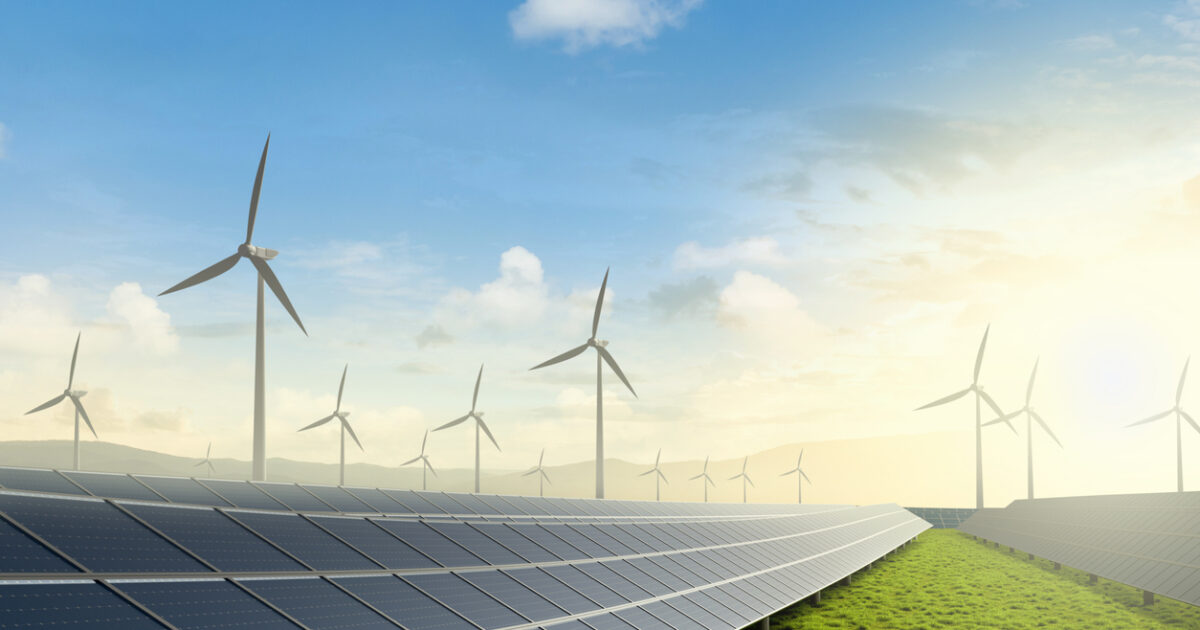Europeans are often characterized as naive for their attempt to develop renewables (RES), perhaps faster than it would be prudent.
However, this criticism is in a fundamental fact: that Europe is not the only one that raises huge sums in this area. The Chinese announced that this year for the first time, RES installed power exceeded the contractual units in their territory. It is also indicative that 64% of all new green units internationally were added to the country last year.
The numbers are dizzying, as China produced almost … 1 green electric e -hour. Even the unit of measure itself is impressed, as we have ever learned to talk about giants and times in the industry.
So are the Chinese who invest so strongly in RES? The answer is that in their case the investment makes sense because they produce photovoltaics and batteries themselves, as opposed to Europeans. Thus, the domestic added value is high and the money is refunded to their economy.
However, both in the case of the EU and China, there is still a critical variable that defines developments: energy security.
Earlier this week, during an international meeting hosted by the International Energy Organization (IEA) in London, European officials opposed the Americans. The US Deputy Minister of Energy accused Europe of the policy that follows and received the following answer: a continent that does not have significant gas production, must develop any alternative domestic source of energy so that it is not dependent on accurate imports.
The same is true of China’s case, which has been seeking more autonomous energy for years, let alone today in the midst of a harsh trade war.
Thus, one finds that investments in green energy have a clear strategic and geopolitical character for the great powers, except for a purely energy. It is easy to blame the EU. For the mistakes he made in the past, but they have more to do with the individual and not the very direction he wants to go.
